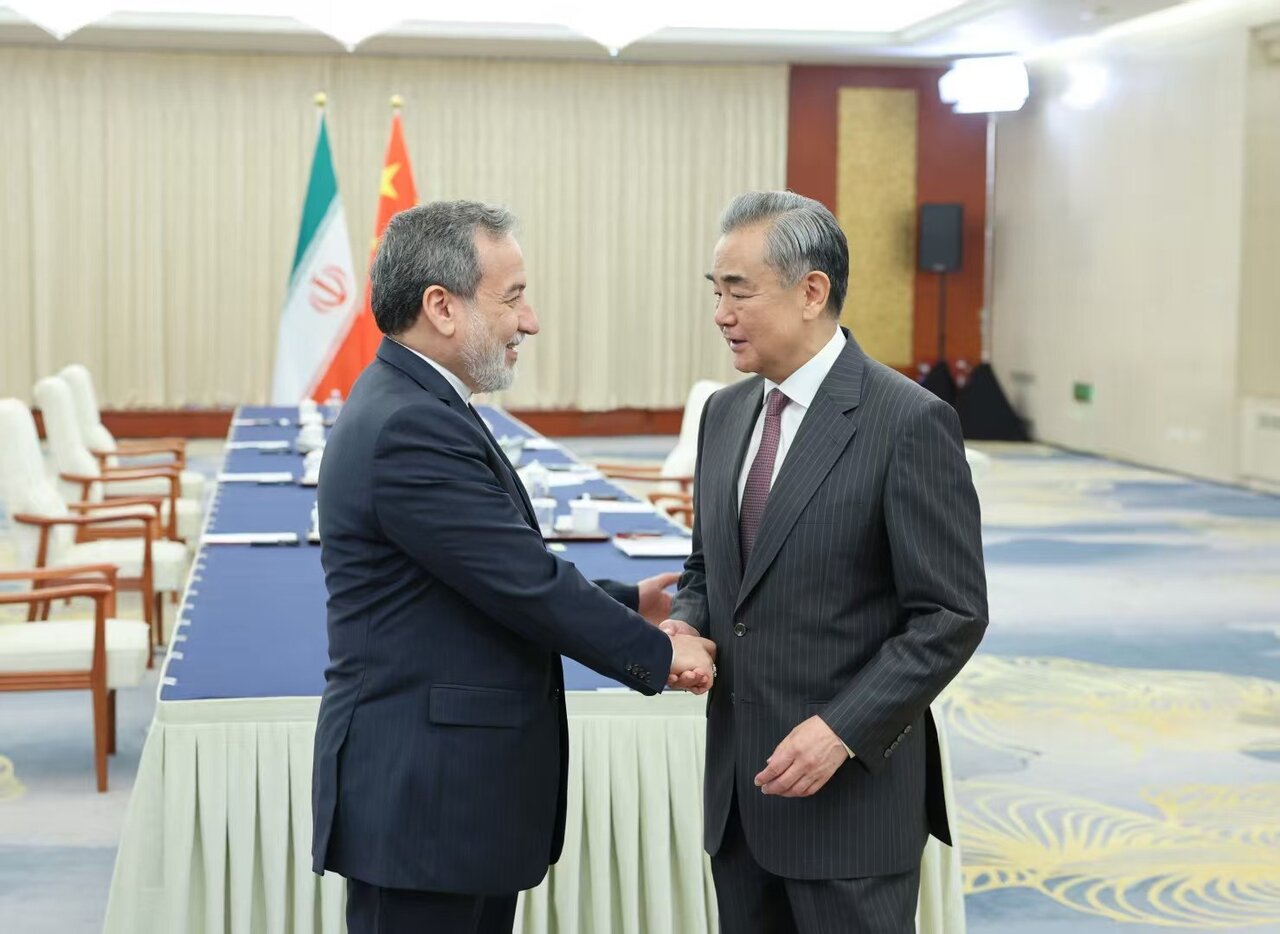China says it backs Iran’s sovereignty against Western ‘bullying’

TEHRAN – In a high-profile meeting on Wednesday, Chinese Foreign Minister Wang Yi reaffirmed Beijing’s unwavering support for Iran during discussions with Iranian Foreign Minister Abbas Araghchi.
Held on the sidelines of the 25th Shanghai Cooperation Organization (SCO) Foreign Ministers’ Meeting in Tianjin, the consultation highlighted the robust partnership between the two nations, particularly following the U.S.-Israeli 12-day war on Iran.
Wang Yi praised Iran’s measured and prudent approach in preventing further escalation in the volatile West Asia.
"We will continue to support Iran in resisting bullying policies and preserving its national sovereignty," he declared, underscoring China’s principled stance against unilateralism, coercion, and the use of force.
He emphasized Beijing’s commitment to diplomacy and dialogue as the path forward, pledging to work through bilateral and multilateral channels, including the UN Security Council, to de-escalate tensions.
Wang also expressed China’s readiness to assist Iran in safeguarding its territorial integrity and national security, a statement seen as a direct rebuke to recent aggressions by Israel and the United States.
Iranian Foreign Minister Abbas Araghchi expressed deep appreciation for China’s role as host and its forthright condemnation of Israeli and U.S. violations of Iran’s sovereignty.
He thanked Wang Yi, in his capacity as president of the SCO, for denouncing the aggressions that breached the UN Charter and international law.
"China’s principled and effective positions in international forums, especially at the Security Council, have been invaluable," Araghchi said, specifically citing Beijing’s criticism of the dangerous attacks on Iran’s peaceful nuclear facilities.
He briefed his Chinese counterpart on the latest developments following Tel Aviv’s aggression against Iran and the subsequent halt in fighting, stressing that the UN Security Council and all nations bear a responsibility to uphold regional and global peace.
Araghchi highlighted the enduring historical ties between the two ancient civilizations, reaffirming Iran’s resolve to advance its comprehensive strategic partnership with China.
He emphasized that this relationship, rooted in mutual respect and trust, remains a cornerstone of Tehran’s foreign policy.
The Iranian top diplomat also underscored Tehran’s commitment to expanding friendly relations across all domains, leveraging the momentum of existing agreements to deepen economic and trade cooperation.
The meeting provided an opportunity for both ministers to review the progress of joint projects and explore new avenues for collaboration.
With China currently presiding over the SCO and Iran playing an active role in the organization, both sides discussed how to harness these platforms to strengthen their partnership.
Recent reports indicate that trade between Iran and China has surged in 2025, with bilateral agreements in energy, infrastructure, and technology gaining momentum, reflecting the resilience of their ties despite Western sanctions.
Some analysts view the Tianjin meeting as a significant milestone in Iran-China relations. Experts suggest that the SCO can offer Iran a strategic platform to not only denounce aggression but also to prevent future violations.
The organization may serve as a tool to deter further aggression and raise the stakes for any renewed adventurism, capitalizing on the SCO’s capacity to reinforce collective security mechanisms.
With China’s "Five Common Yards" initiative—promoting unity, peace, prosperity, good neighborliness, and justice—experts argue that Iran can align its interests with Beijing’s vision to counter U.S.-led containment strategies.
Iran’s historical role as a security buffer for China’s western frontier adds another layer of significance to this partnership.
Tehran’s strategic position has long been a linchpin in thwarting threats to China’s Belt and Road Initiative. The country’s active participation in the SCO, especially in the wake of recent aggressions, paves the way for stronger Chinese engagement, politically and economically.
Leave a Comment